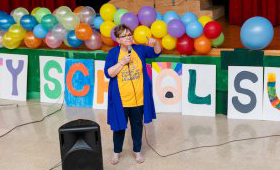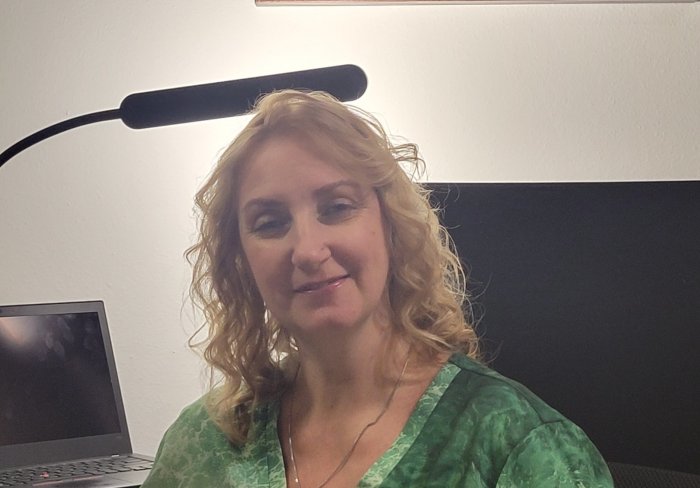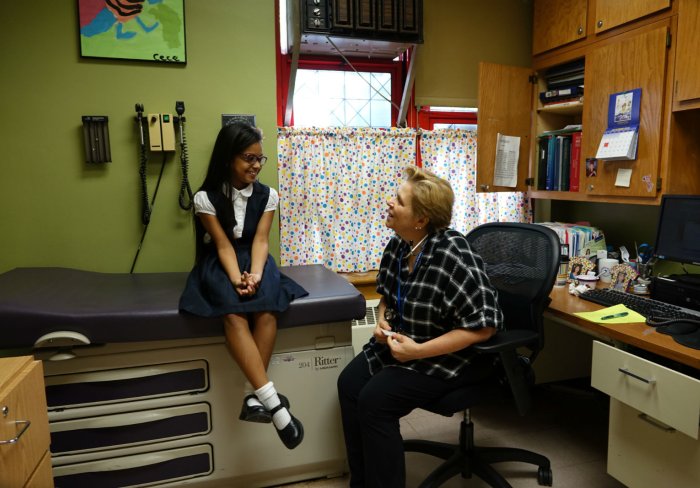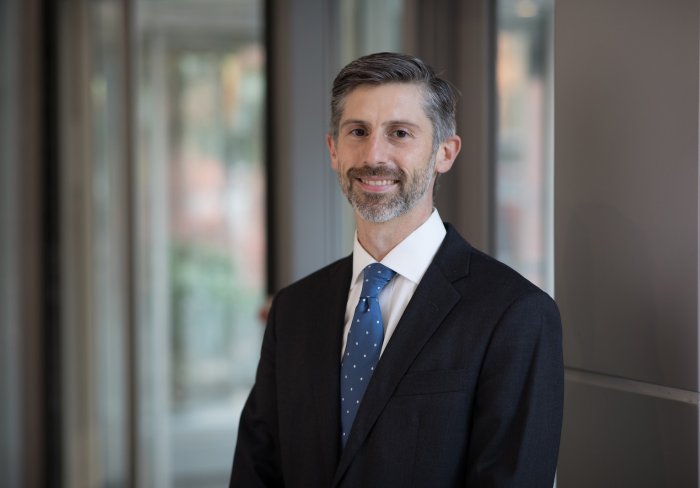A product of New York City public schools, Taisy Conk is now working to feed and educate students in those schools as the director of food and nutrition programs at Children’s Aid.
In this role, which she started in June, Taisy oversees a variety of programs dedicated to building healthy eating habits and to providing fresh produce and food education to thousands of children and families.
After working in community health and education for several years after college, Taisy turned her focus to food. She received her master’s degree in global community health and nutrition at Tulane University, where she researched how the impact of policies and programs on food access and education plays out at the community level.
She assessed food access disparities in post-Katrina New Orleans and researched the impact of recovery efforts that restored supermarkets to underserved areas. When she returned to New York City, she saw how the effects of redlining – the systemic denial of services to residents of mostly Black neighborhoods – caused a form of food apartheid specific to New York, where supermarkets too often sell rotting overpriced food and locally grown produce is limited to the rare farmers market.
“My interest was in real food and culturally relevant foods, and how connecting people back to traditional diets is better for the planet, better for the environment, as well as for ourselves and our communities,” she said.
Taisy worked for several years at New Settlement, a community-based organization in the South Bronx, where she integrated food into the organization’s community development approach. Her team founded a farm stand, and established cooking, gardening, and food education with the help of FoodCorps members and community members.
At Children’s Aid, our health and wellness division has long been committed to providing access to fresh fruits and vegetables and food education to our young people. When the pandemic forced us to temporarily stop holding some of these programs in person, staff stepped up to tackle the food insecurity playing out across the city.
Our cooks made family-style grab and go meals from scratch for our early childhood programs, and our Food Box program was a life-changing resource for countless families. We increased our production from 3,200 food boxes annually to 31,000.
In addition to a bag of farm-fresh produce, we provide a recipe with each distribution. Our cooking classes, usually held in-person, became virtual and allowed many more families to join.
“We have a super strong staff who have been doing incredible work this past year,” Taisy said. “They’ve really been all-stars and are incredibly skillful and passionate about the work that they do.”
Though the number of people waiting in line for fresh produce and hot meals has decreased since the pandemic first started in March 2020, the demand is always there, according to Taisy. That’s why we have built strong partnerships with organizations like West Side Campaign against Hunger and Rethink Food.
These partnerships have allowed us to provide both pantry items and warm meals to families across New York City.
“People are just so happy to have a meal they don’t have to worry about, whether that’s because they’re so busy working multiple jobs or because of the burden of having to cook for your family day in and day out,” she said. “We know that these problems are chronic and that there are still challenges and other factors like the looming threat of the lifting of the eviction moratorium.”
In the near future, Children’s Aid will be implementing a farm to school program. Two new gardens will supply produce for the meals we provide in our early childhood centers. Young people who participate in our Summer Youth Employment Program will cultivate the gardens to gain skills.
This vision – employing existing infrastructure and local residents who are already doing the work of feeding their community – is the ultimate goal for the food and nutrition programs, according to Taisy.
“There’s so much in our communities in terms of resources,” she said. “In the Bronx, there are so many community gardens run by people who love to grow their own food and come from places where that’s tradition. I think it’s just about honoring what folks already bring to the table and building them up as leaders.”







